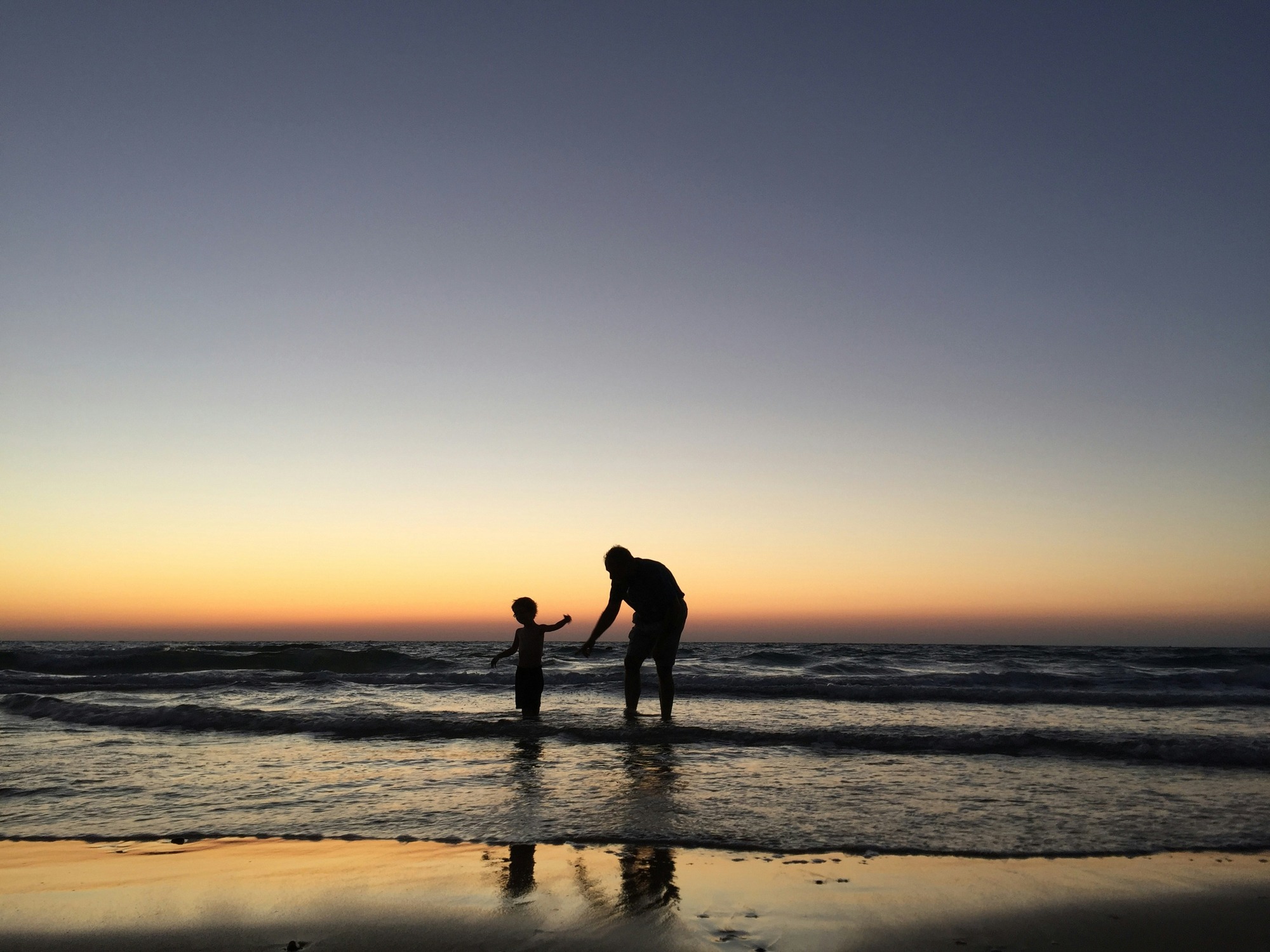
When a child grows up with emotionally immature parents, they often don’t realize the effects until adulthood, especially when it comes to romantic and interpersonal relationships. The wounds left behind aren’t always obvious. They don’t necessarily manifest as trauma scars or explosive conflict. Sometimes, it’s subtler: an inability to express needs, a fear of intimacy, or the constant urge to “fix” people who aren’t emotionally available.
Emotional immaturity in a parent can take many forms—self-centeredness, blame-shifting, defensiveness, or even emotional neglect. These behaviors force children to adapt in ways that prioritize survival over self-expression. And those adaptations often follow them into their adult connections, long after they’ve left home.
So what happens when someone raised in this kind of environment tries to build healthy, reciprocal relationships later in life?
Struggling to Trust Emotional Safety
One of the most common effects is the inability to trust emotional safety in a relationship. When caregivers fail to provide consistent emotional support, children may learn that vulnerability leads to rejection, invalidation, or worse, being ignored altogether. As adults, they may become hypervigilant, reading too deeply into their partner’s tone, body language, or wording, always bracing for emotional withdrawal.
This lack of trust can manifest as either emotional guardedness or extreme people-pleasing. Both are attempts to control an unpredictable emotional landscape. If love in childhood was conditional or confusing, love in adulthood may feel like a test rather than a comfort.
Difficulty Identifying Personal Needs
Children of emotionally immature parents often grow up being told, directly or indirectly, that their feelings are “too much” or inconvenient. They may have learned to suppress emotions in order to keep the peace or to avoid being shamed for expressing sadness, anger, or fear. Over time, this can create a disconnect between what they feel and what they acknowledge.
In relationships, this shows up as difficulty naming or prioritizing their own needs. Partners may sense something is wrong, but the person raised in this environment often can’t articulate what it is. The emotional vocabulary needed to maintain a connection might be underdeveloped or buried under years of self-denial. Even asking for support can feel like a burden.
Attracted to Emotionally Unavailable Partners
There’s an unfortunate irony in the fact that those who grew up with emotionally immature caregivers often find themselves drawn to partners who exhibit the same traits. It’s not because they want to repeat the past, but because it feels familiar. The unpredictability, the emotional coldness, the longing to be seen—these dynamics can replicate the childhood struggle for validation.
Trying to “win” love from someone who can’t fully give it can become a subconscious pattern. It feels like a chance to rewrite history, to finally succeed in earning what was once denied. Unfortunately, this often leads to painful cycles of unfulfilling or one-sided relationships.
Fear of Conflict and Overcompensation
Conflict in a household run by emotionally immature parents can be volatile, confusing, or avoided entirely. As a result, children may learn that disagreement equals danger. This belief can carry into adulthood, where the person becomes conflict-averse to the point of self-sabotage. They might give in too easily, suppress opinions, or apologize when they’re not at fault, all to avoid rocking the boat.
Others may swing the opposite direction and overcompensate by becoming overly controlling, trying to manage every emotional variable to avoid surprises. Either way, conflict is not treated as a healthy part of communication, but as something threatening or destabilizing.
Feeling Responsible for Others’ Emotions
A child who grows up managing a parent’s emotional state—comforting them, calming their rage, avoiding topics to keep the peace—can internalize the belief that they’re responsible for everyone else’s feelings. As adults, this can turn into emotional caretaking in relationships, often at the expense of their own well-being.
They may feel guilt for setting boundaries, panic when a partner is upset, or go to extreme lengths to avoid letting someone down. This kind of dynamic can be draining and prevent the growth of authentic intimacy, where each partner takes accountability for their own emotional experience.
Healing Is Possible, But It Requires Awareness
The effects of emotionally immature parenting don’t have to define a person’s relationships forever. With awareness, therapy, and intentional self-work, many people learn how to recognize old patterns, speak their truth, and connect in more meaningful ways.
Healing begins with acknowledging that what someone experienced in childhood wasn’t “normal,” even if it was common. From there, it becomes possible to build new models of love, connection, and self-worth that aren’t rooted in chaos or codependence.
Have you or someone you love experienced the lingering effects of emotionally immature parenting? What helped you begin to break the cycle?
Read More:
Forgiving Someone To Easily For Hurting You Can BackFire
Do You Really Owe Your Parents Anything?
Riley Jones is an Arizona native with over nine years of writing experience. From personal finance to travel to digital marketing to pop culture, she’s written about everything under the sun. When she’s not writing, she’s spending her time outside, reading, or cuddling with her two corgis.
Comments